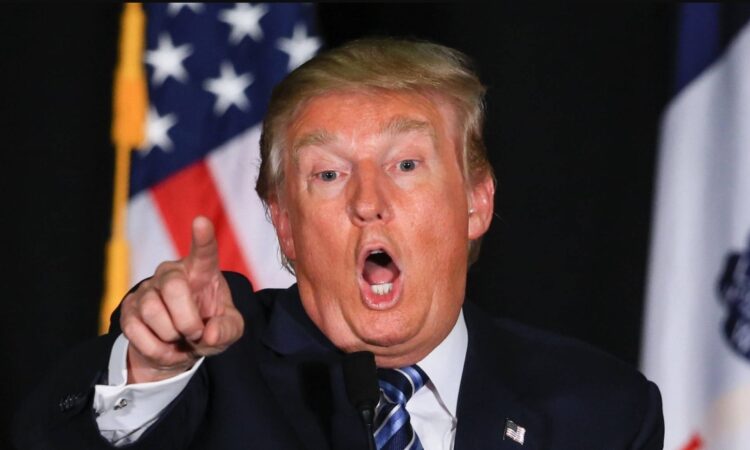
At a rally in Las Vegas, Donald Trump told a crowd that if he becomes president again, he might fire thousands of IRS workers. He claimed that the IRS had hired 88,000 new agents to go after taxpayers, a claim that has been challenged before.
Trump said that on his first day in office, he would stop the hiring of any new IRS agents and that he would consider either firing them all or moving them to the U.S.-Mexico border. He suggested these IRS workers could help patrol the border, saying, “They are so strong on guns…we will probably move them to the border.”
Trump’s comments come as part of his long-standing criticism of the IRS and its staffing. He said the IRS had become too big and that many of its employees were focused on targeting ordinary Americans, not just big companies. Trump’s plan to fire these agents or move them to the border could weaken the IRS’s ability to collect taxes and enforce tax laws.
While Trump was president, Joe Biden approved a plan to hire 88,000 new IRS workers over several years. This decision was made to help the IRS collect more tax money and improve tax enforcement.
Some of these new workers were expected to replace older staff members who were retiring. But Trump and many Republicans strongly oppose the idea, saying the agency is already too big. They believe that these additional IRS agents would focus on ordinary people, not just large corporations.
Trump’s statements about firing IRS workers are not new, and he has criticized the agency for years. He wants to reduce its size and says it is an enemy of the average American. His latest comments about moving these workers to the border seem to be part of his focus on immigration and border security during his presidential campaign.
If Trump follows through with his plan to fire or relocate these IRS agents, it could lead to less tax enforcement in the U.S. Without enough agents to monitor taxes, more people and companies could avoid paying what they owe.
This could result in less money coming into the government, which would make it harder to fund important programs like Social Security, health care, and defense.
Overall, Trump’s plan could weaken the IRS and reduce its ability to enforce tax laws. This, in turn, could hurt the federal government’s ability to collect the taxes it needs to pay for essential services and programs.




